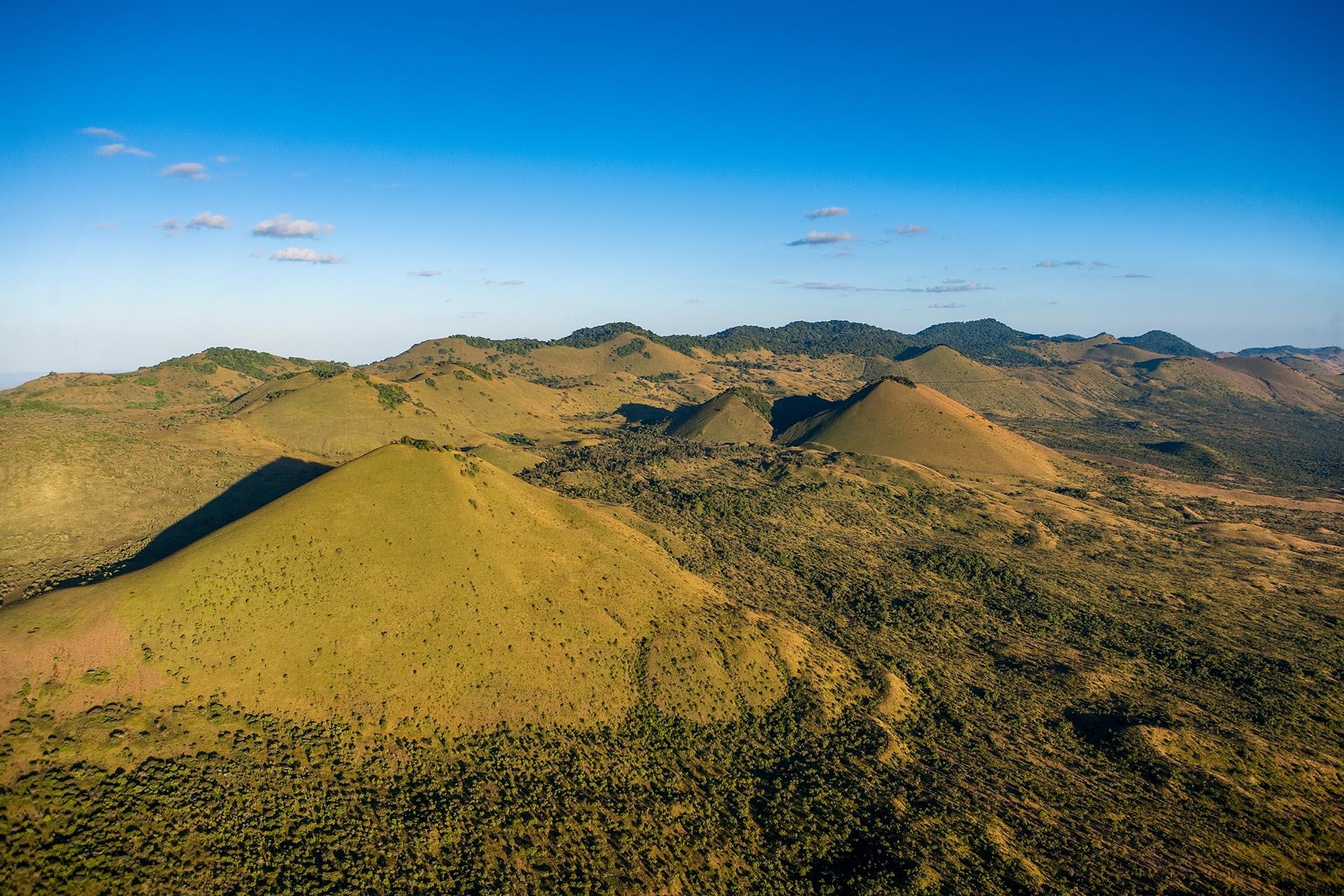
Supporting Kenya with its climate goals
Helping Kenya implement its climate objectives, overcoming common barriers and constraints for investment in climate action.
How we enhanced the sustainability and resilience of the forestry and water sectors
As part of the global effort to tackle climate change, Kenya – like many other countries – agreed to long term emissions reductions, which we are helping implement.
The Paris Climate Agreement
As a ratified country to the Paris Climate Agreement, Kenya published its climate commitments in its Nationally Determined Contribution (NDC), outlining how it will reduce its greenhouse gas emissions, whilst adapting and improving the country’s resilience to future climate change. A key mechanism for supporting the delivery of these commitments is the National Climate Change Action Plan (NCCAP). A priority of this plan is the enhancement and sustainability of the country’s estimated 3.5 million hectares of diverse forests, much of which are home to some of Kenya’s endangered wildlife.
As part of an international consortium, GNIplus, which includes the Climate Policy Initiative, Pollination, and Ricardo Energy and Environment, with funding from the German International Climate Initiative (IKI) – we focused on providing financial, regulatory, technical and Monitoring, Reporting and Verification (MRV) support. GNIplus adopted this four-pronged approach covering different themes to support the country implement its some of its climate objectives, whilst also overcoming common barriers and constraints for investment in climate action. Key stakeholders included the Ministry of Environment and Forestry, the Ministry of Water Sanitation and Irrigation, as well as other public and private stakeholders and organizations.
A collective climate effort
The sheer scale and complexity of the project, the numerous stakeholders, and the involvement of the various parties in the consortium required methodical thinking and processes, clear communication, and consensus-driven action. A key aim was to produce clear findings that can lead to positive and cost-effective outcomes for more resilient and low-carbon development in Kenya.
Leading change by example
As the technical delivery partner, AECOM focused on three key workstreams.
Firstly, we aimed to enhance the understanding of the forestry and water sectors in Kenya by creating two climate action status reports. These provided an overview of climate change risks, the policy and regulatory landscape, and the finance flows, and highlighted some of the key barriers and opportunities for investing in climate action projects.
Secondly, we developed two sector roadmaps that would help overcome those barriers and support the implementation of the NCCAP in Kenya, including priority action sheets and a prioritization and monitoring tool.
Thirdly, we turned theory into practice by developing actual examples of pilot projects. These included the scoping and design of Payments for Ecosystem Service (PES) schemes to reward landowners financially for sustainable forestry and land use management, and a pre-feasibility study and tender documentation design for a project to improve the climate change resilience of surface water.
For more information, see the project summary video.